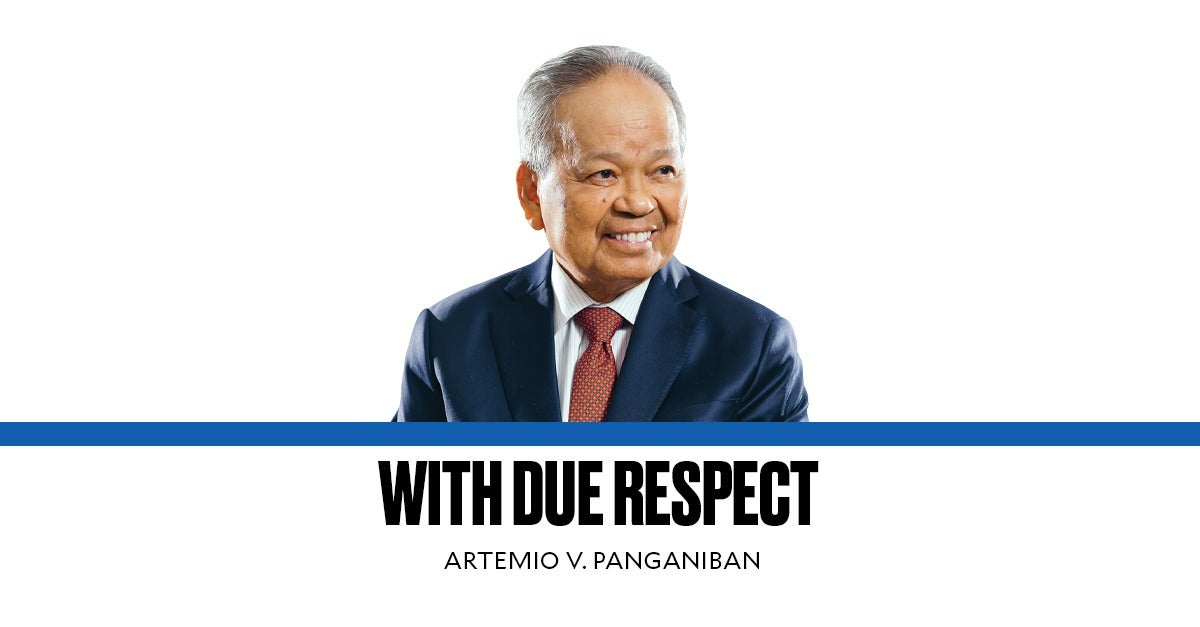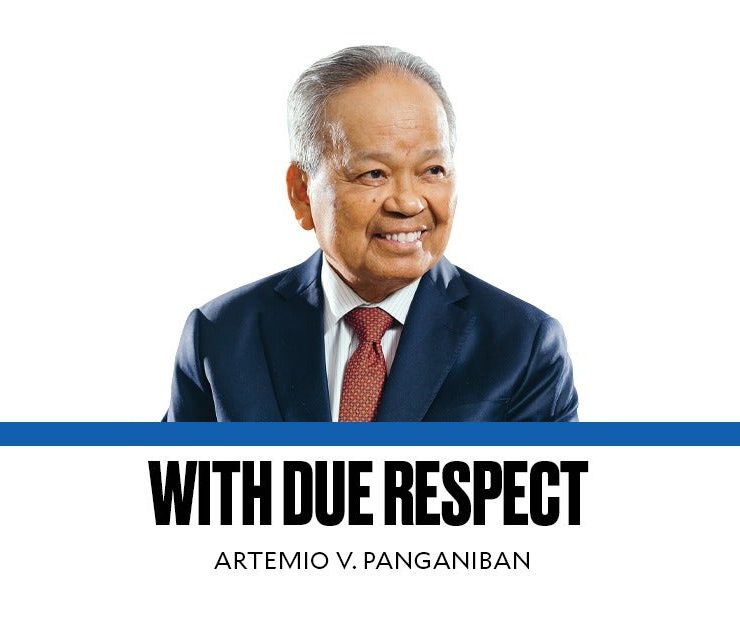Recourses of Camp John Hay investors

After my column on “Rejuvenating Baguio” was published on Jan. 13, I received numerous pleas from the occupants of lots and condominium units and golf course proprietary members in Camp John Hay in Baguio, lamenting their ejection from the lots and condos and the dissolution of their playing rights at the golf course in the wake of the unanimous Supreme Court en banc decision in BCDA v. CJH DevCo (April 3, 2024, per J Japar B. Dimaampao).
A LOOK BACK SHOWS that the 31-page decision upheld in toto an arbitral award handed down by the Philippine Dispute Resolution Center Inc. (PDRCI) ordering a mutual restitution, that is, reverting the contending parties, the Bases Conversion Development Authority (BCDA) and CJH Development Corp. (CJH DevCo), to their original status prior the controversy. Specifically, CJH DevCo was ordered to return the 247-hectare portion (Leased Property) out of the total 625-hectare John Hay Special Economic Zone to the BCDA. In turn, the BCDA was directed to refund to CJH DevCo the sum of P1,421,096,052 (P1.4 billion) paid as rental to the former by the latter. In short, it restored the parties to the status quo ante bellum.
Recall further that because on Sept. 16, 1991, the Senate said “No, we will not ratify” the treaty to extend the bases agreement between the United States and the Philippines, the US returned to our country several military bases, among them Camp John Hay in Baguio. In 1992, the BCDA was created by Congress to implement the government policy to accelerate the sound and balanced conversion of these bases into alternative productive uses and to enhance the derived benefits to promote economic and social development.
PURSUANT TO THIS MANDATE, in 1996, the BCDA, as lessor, entered into a lease agreement with CJH DevCo, as lessee, for the use, management, development, and operation of the Leased Property for 25 years. Subsequently, CJH DevCo developed a proprietary golf course, built condominiums, and created a real estate subdivision financed by, inter alia, the sale of proprietary golf memberships, condo units, and subdivision lots to the public. Henceforth, I shall refer to the buyers thereof collectively as the “investors.”
After the BCDA reacquired possession and control of the Leased Property per the said Supreme Court decision, the investors were dispossessed of the rights they thought they acquired from CJH DevCo. They are now asking what recourse and to which government or private entity they can turn to, to alleviate their sad plight.
MY HUMBLE ANSWERS: First, I do not think the Supreme Court will change its unanimous decision especially after all motions for reconsideration have been rejected and after the decision has been entered in the Records of Final Decisions of the Court. This is a hopeless recourse. When the Court speaks with finality and enters its judgment in its records, they can no longer be reversed or modified, especially when, as in this case, the action was unanimous.
Second, the investors can plead for equity, not legality, to the BCDA to give some consideration to them, like limited playing time on the golf course, and/or priority in the purchase of the shares that may be offered to the public at the sound discretion of the government agency. Likewise, they could be given priority in the purchase of the lots and condo units that the BCDA may, in its sound discretion, offer to the public. Per the Court’s decision affirming the arbitral award, the BCDA has reacquired full ownership and possession of the Leased Property and could, again in its sound business discretion, undertake such actions.
Third, I believe they could claim some part—depending on their individual status—of what they have paid to CJH DevCo because the latter is the entity they contracted with and therefore may have contractual rights arising therefrom. To stress, the arbitral award that was affirmed by the Court ordered a status quo, meaning CJH DevCo would be given back what it has paid to the BCDA. In fact, the P1.4 billion had already been deposited in escrow by the BCDA at the Development Bank of the Philippines.
Thus, with the assistance of their lawyers, the investors—individually or as a group—could file claims to this escrowed account, or could in the extreme take administrative, civil or criminal actions. I understand that the lease contract between the BCDA and CJH DevCo was limited to only 25 years, yet the private developer sold leasehold rights for 50 years.
Upon the advice of their counsel, they could avail of mediation or arbitration or even court action to enforce their rights. I say this caveat advisedly because I am not the lawyer of any or all of the investors. Much less am I (or my immediate family) an investor. I give this advice as an opinion writer, not as legal counsel. As a retired chief justice, I opted not to practice law anymore. In fact, I dissolved my law firm, Panganiban, Parlade, Benitez, and Africa, upon my entry into the Court in 1995.
(Disclosure: I am the chairman emeritus of the PDRCI. However, I had no hand, directly or indirectly, in the arbitration case brought by CJH DevCo against the BCDA.)


















